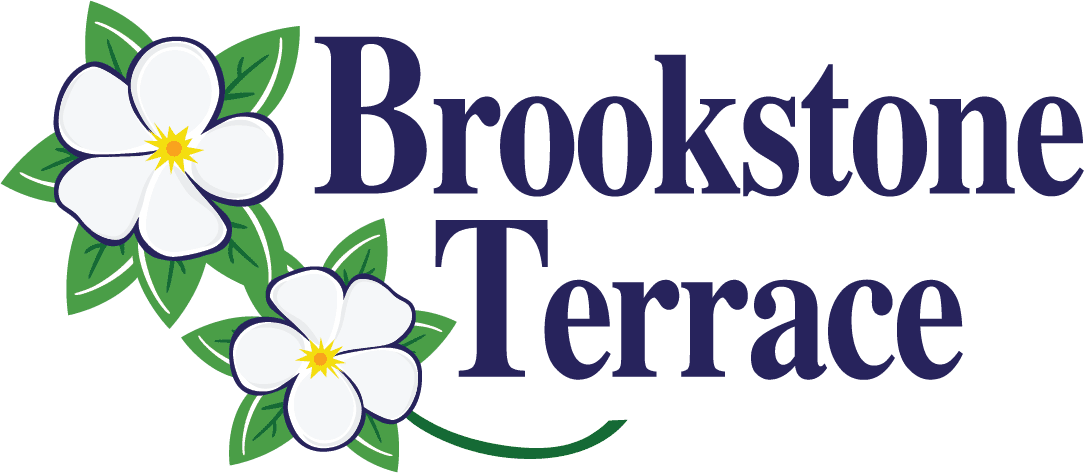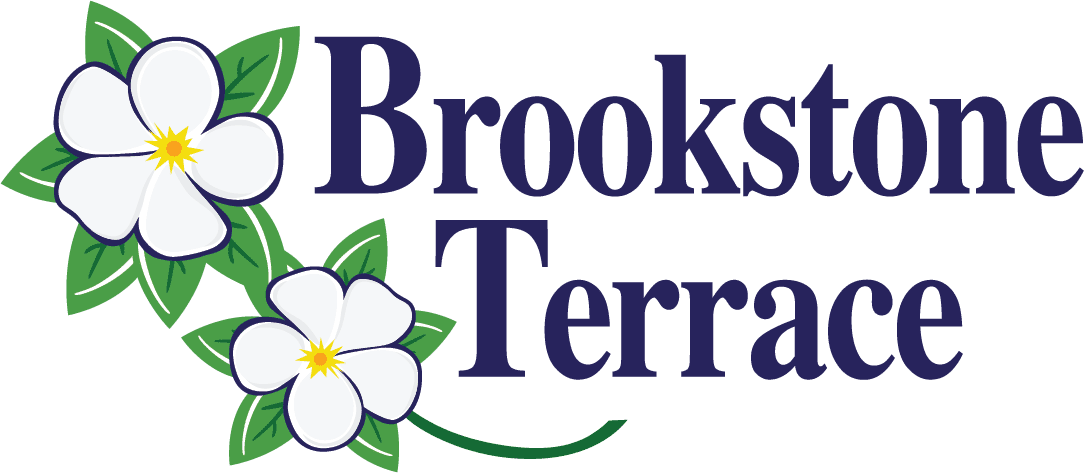As we get older, it can sometimes become harder to get all the essential vitamins, minerals, and other nutrients we need for a healthy mind and body. Our appetites tend to decrease and we’re unable to eat as much as we used to, and your body may become less efficient at absorbing the necessary nutrients from food. There may also be additional factors relating to certain health conditions, such as pain or difficulty when swallowing solid foods (dysphagia).
If you are a loved one are having problems with nutrition in your senior years, then supplements could help you get the nutrients you need to stay healthy. Here are some of the supplements to consider taking as you age…
Calcium
Calcium is essential for strong teeth and bones. Most people lose bone density as they age, making them more prone to fractures and conditions like osteoporosis, which women are at even greater risk of developing. As well as consuming calcium through milk and other dairy products, taking a calcium supplement can help to prevent you from developing brittle bones as you age.
Vitamin D
Vitamin D is also essential for strong bones because it helps you absorb calcium more effectively. One of the main ways we get vitamin D is from sunlight, but our skin becomes less effective at producing vitamin D from the sun as we age, which is why supplements may be required. You should also look for foods that are fortified with vitamin D.
B vitamins
With 8 different B vitamins, a vitamin B complex supplement helps with a number of functions. B12 is an essential vitamin that we don’t absorb as well when we get older. Supplementing vitamin B12 can help with nerve function and plays a role in creating red blood cells. Folic acid is another important B vitamin that can reduce the risk of anemia in seniors, while vitamin B6 can help to improve your memory.
Read more about the different B vitamins and how to get more in your diet.
Magnesium
Magnesium has lots of important roles in our bodies. It’s connected to heart health, bone strength, and our immune system. It also helps to keep your blood sugar stable, which can help to prevent the onset of diabetes. If you don’t get enough whole grains, legumes, nuts, and seeds in your diet then you might consider taking magnesium supplements.
Talk to your doctor about taking supplements as you age. It’s important to still get adequate nutrition, even if you’re taking supplements. If a loved one can no longer prepare meals for themselves or if a condition such as dementia means they forget to eat regular meals, then assisted living could help to ensure they’re getting enough nourishment. Contact Brookstone of Clemmons to find out how we support our residents in their nutrition and more at our North Carolina assisted living community.


